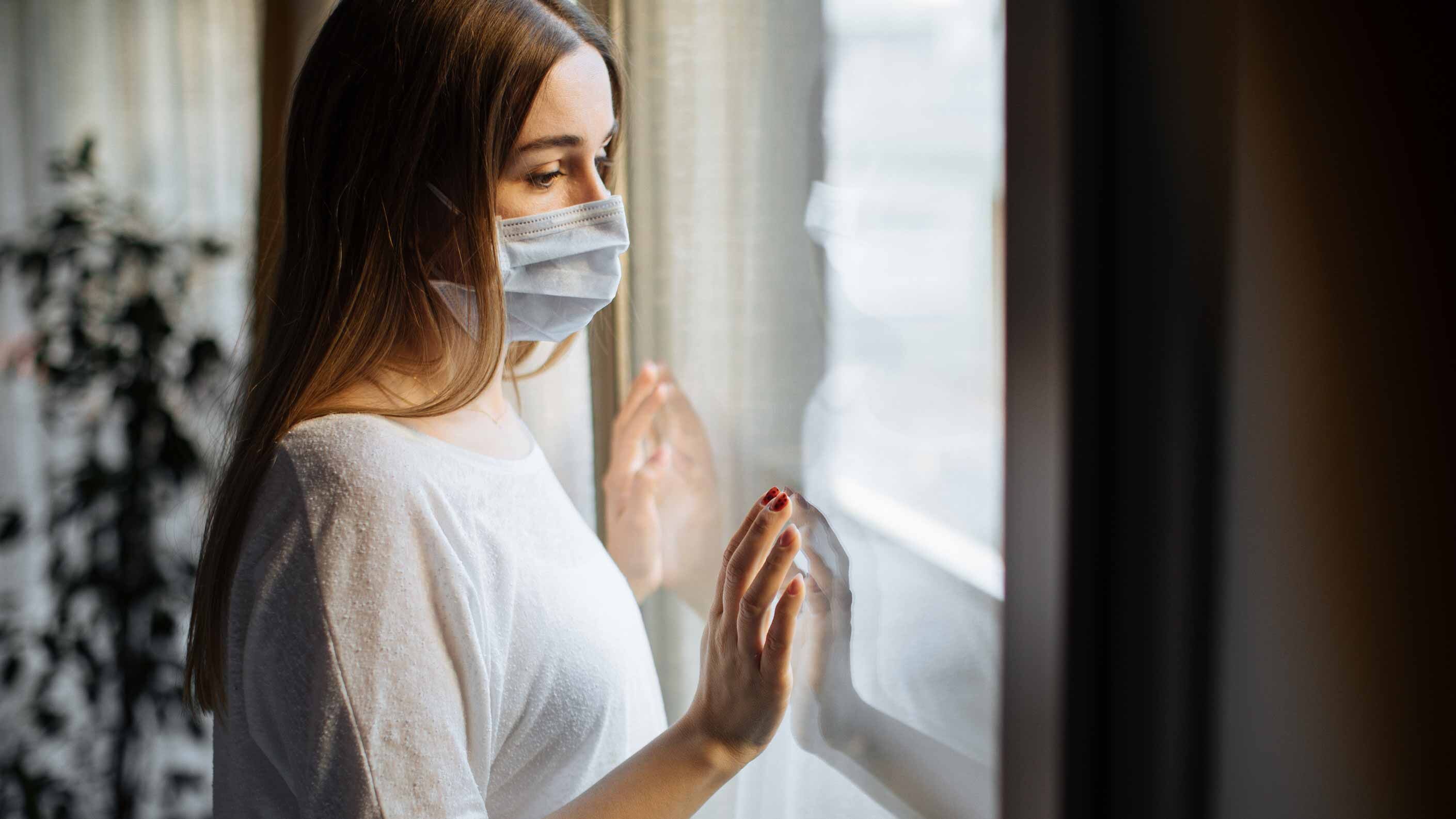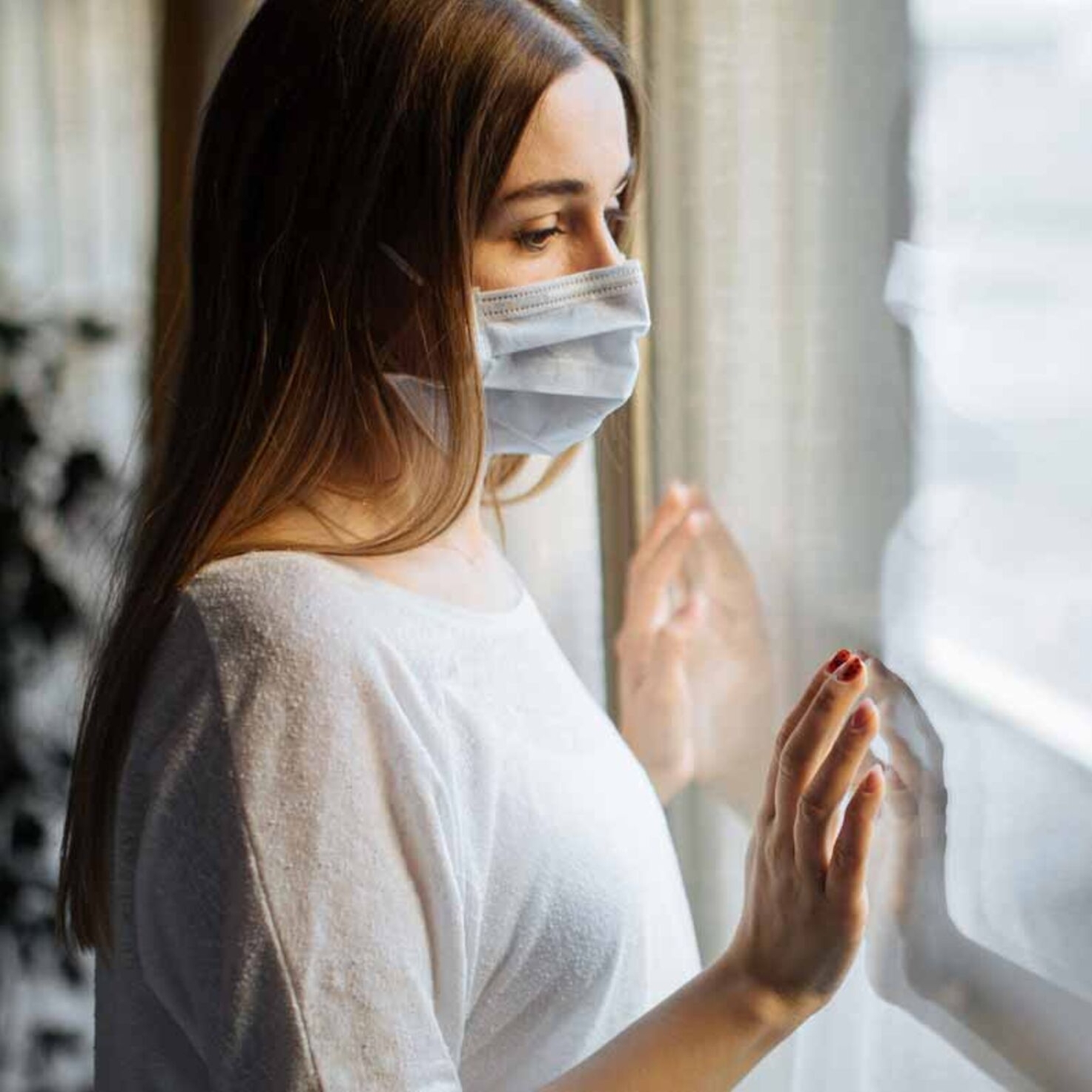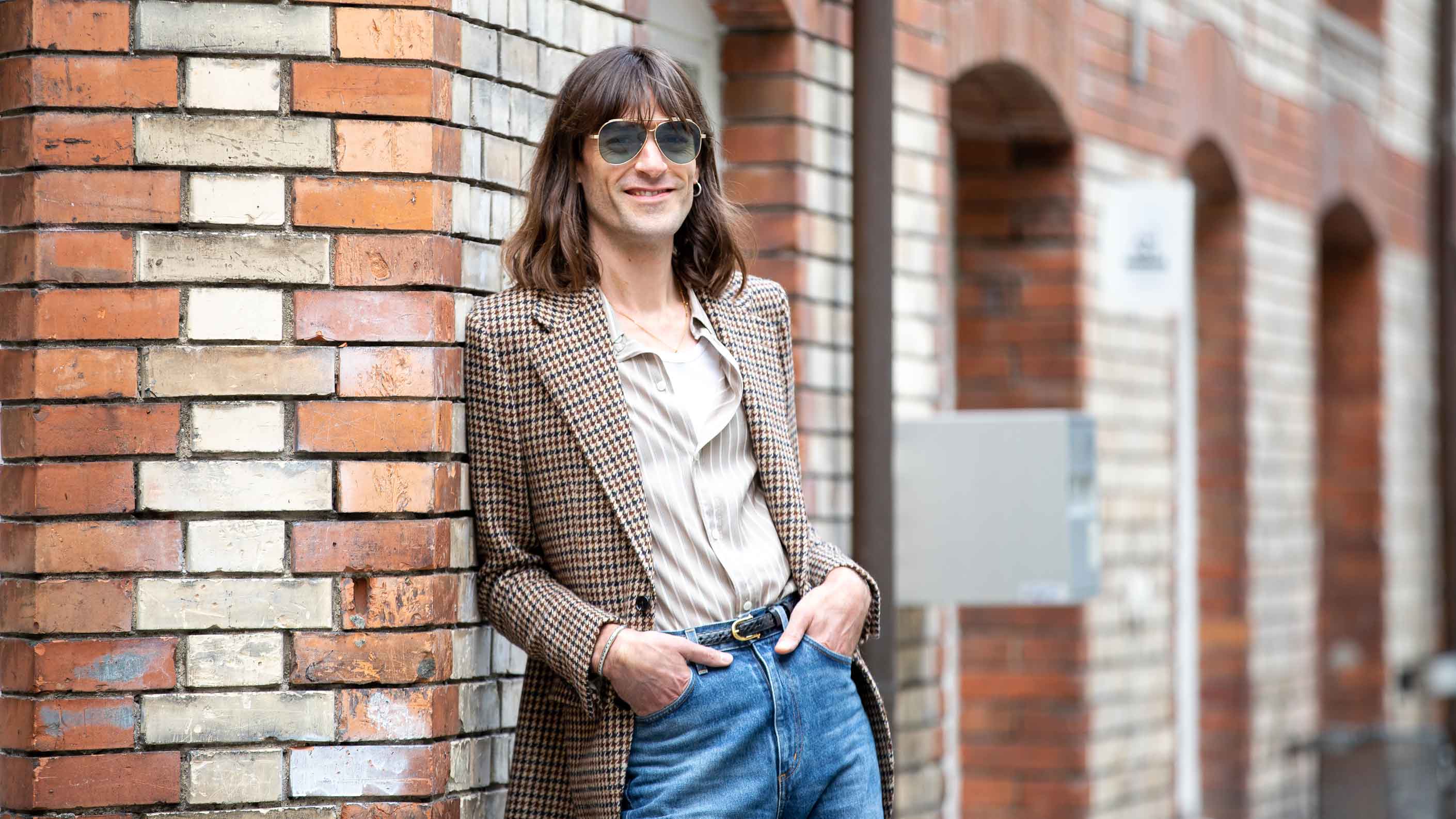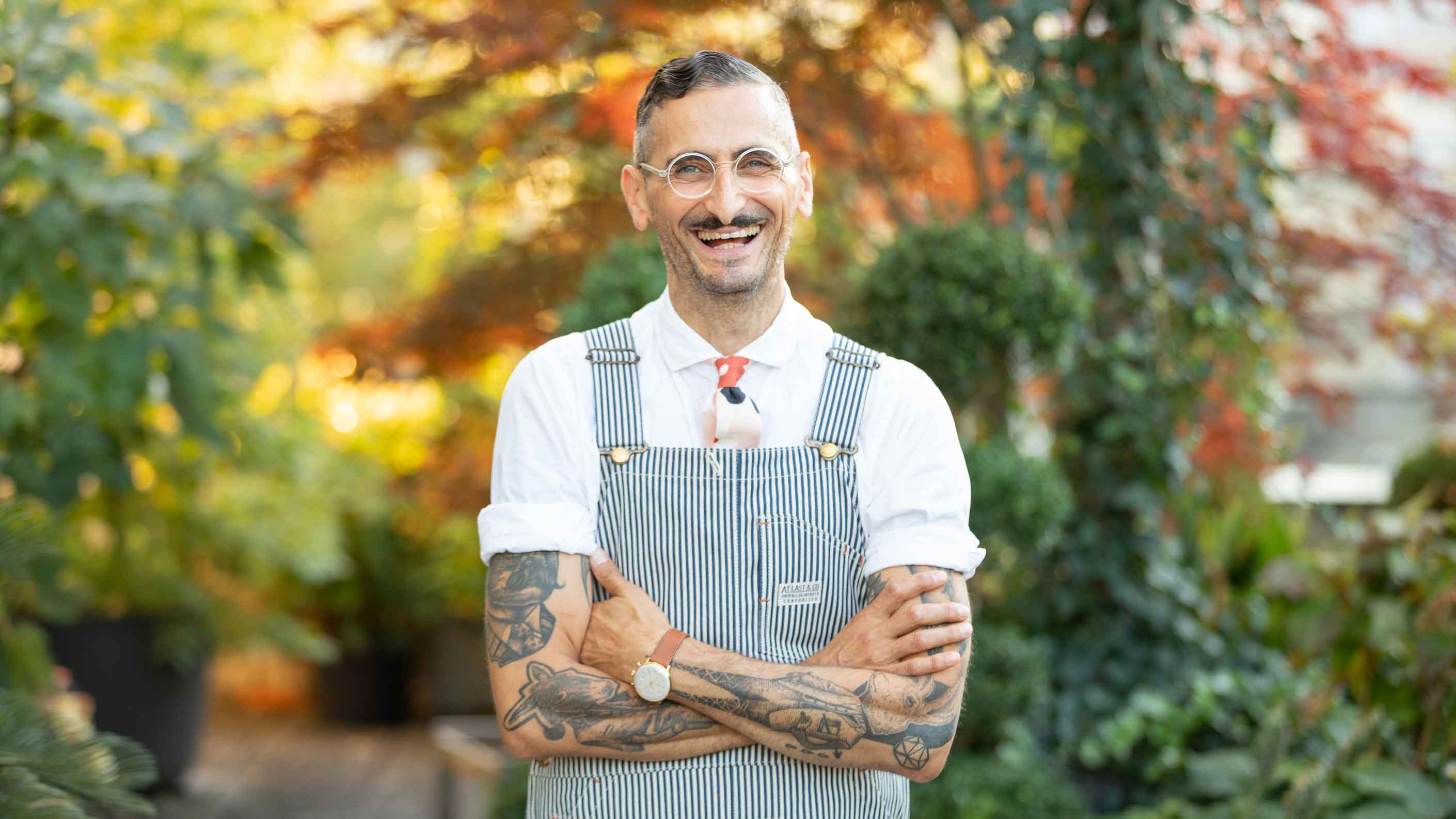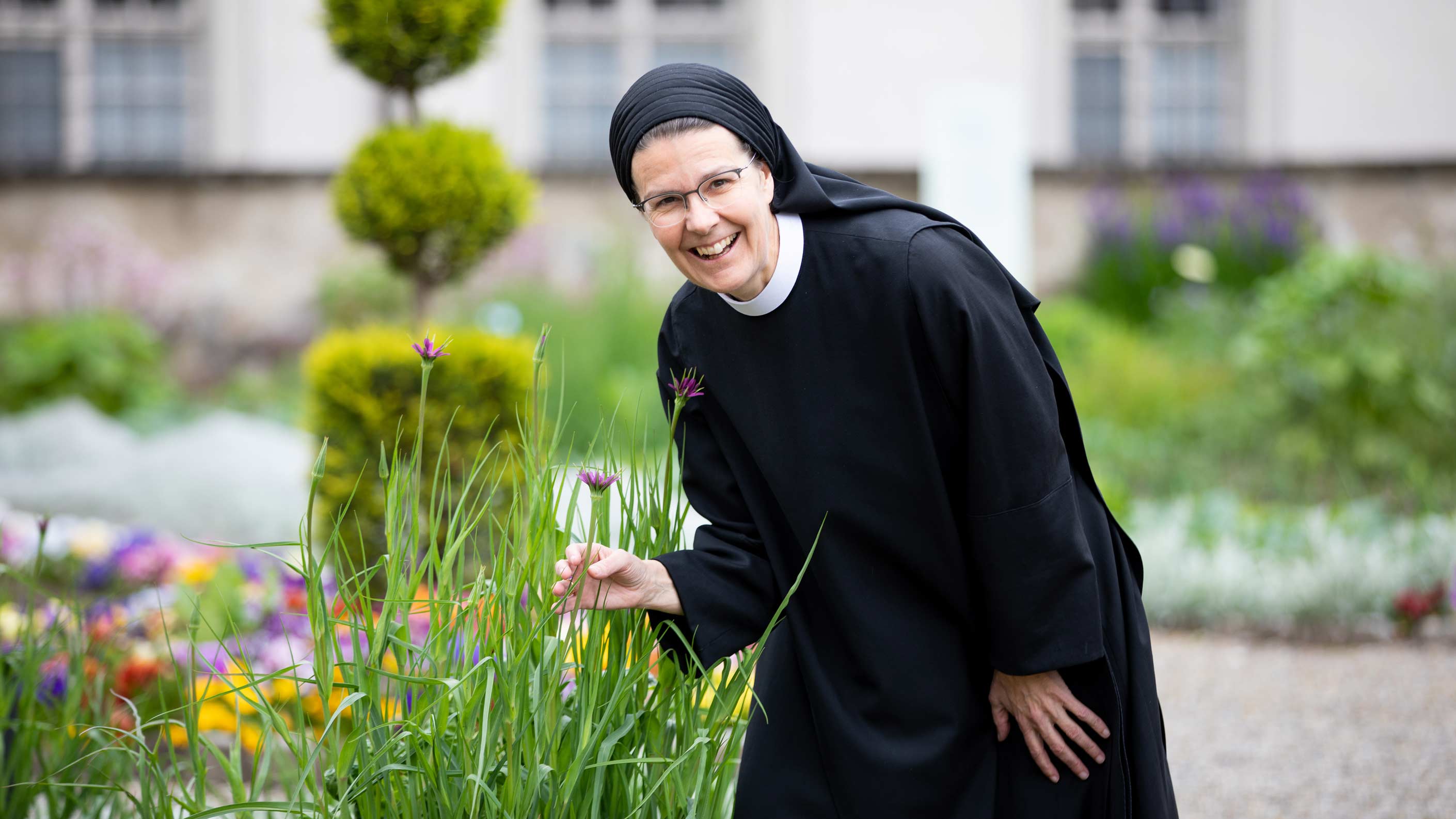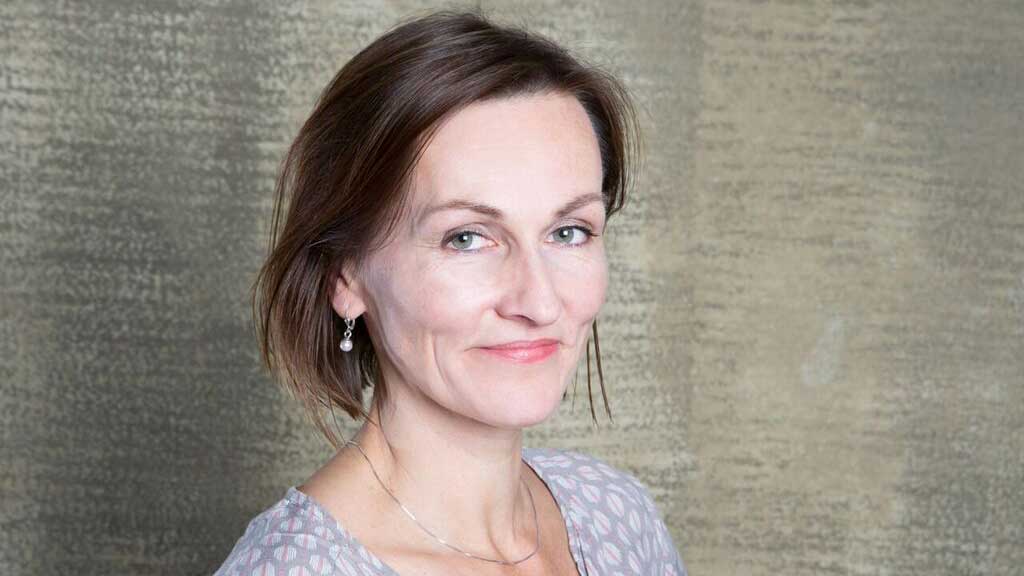‘This kind of insight can be very liberating’
We have finally returned to some kind of normality. But not everyone is happy about that. What do you do if the lockdown has triggered a crisis in your life? Psychologist Markus Brühwiler gives advice on how to move forward.
The lockdown has been eased, the swimming pools have reopened and we no longer have to work from home. So things are pretty much back to normal, right?
That might seem to be the case, but a lot of people have struggled with the strange situation caused by the coronavirus. The lockdown led to a lack of social contact, leaving them feeling isolated or even imprisoned. Familiar routines came to a halt and life slowed to a crawl. Once they were thrown back upon themselves, many people found it difficult to cope and began asking themselves some uncomfortable questions.
Such as what?
Some people realised they weren’t really happy with their lives. Some felt they wanted to quit their job or end their relationship. Others found themselves delving into the past and digging up old, unresolved issues. But despite this, everyone who comes into my practice also says: ‘The coronavirus also has its positive sides.’
Such as?
Necessity is the mother of invention, and a crisis sets things in motion. Lots of people have discovered new interests and developed new skills, from cooking to going jogging in the woods. And many appreciated having more time to spend with their families. Society suddenly realised that life isn’t necessarily all about packed calendars and excessive consumption. This kind of insight can be very liberating and presents a real opportunity.
Now we can meet friends for drinks or dinner and go to birthday parties again. What do you say to people who feel this is all too much for them?
As humans, we make our own decisions. In every area of our life, we can ask ourselves: what have I learnt from the coronavirus? For example, if you notice that you feel stressed when your calendar is too full, you can decide to cut back in future. We have discovered that peace and quiet and fewer social obligations can enhance the quality of our lives.
The trouble is, people get offended if you keep refusing their invitations...
If you fail to show up at your best friend’s birthday party, of course you should ask yourself whether you are becoming too much of a hermit. That wouldn’t be healthy. After all, humans are social beings and it’s important to maintain interaction with others. We all need friends.
‘Society suddenly realised that life isn’t necessarily all about packed calendars.’
But?
If you are only attending a party out of a sense of duty, you should probably rethink your priorities and learn to say no. Why not suggest to the host that the two of you meet up on a separate occasion when you can enjoy some quality time together? Of course, it can be difficult to look inward and really listen to your own needs. But it’s precisely the contrast between lockdown and ‘normal life’ that has allowed us to perceive these needs.
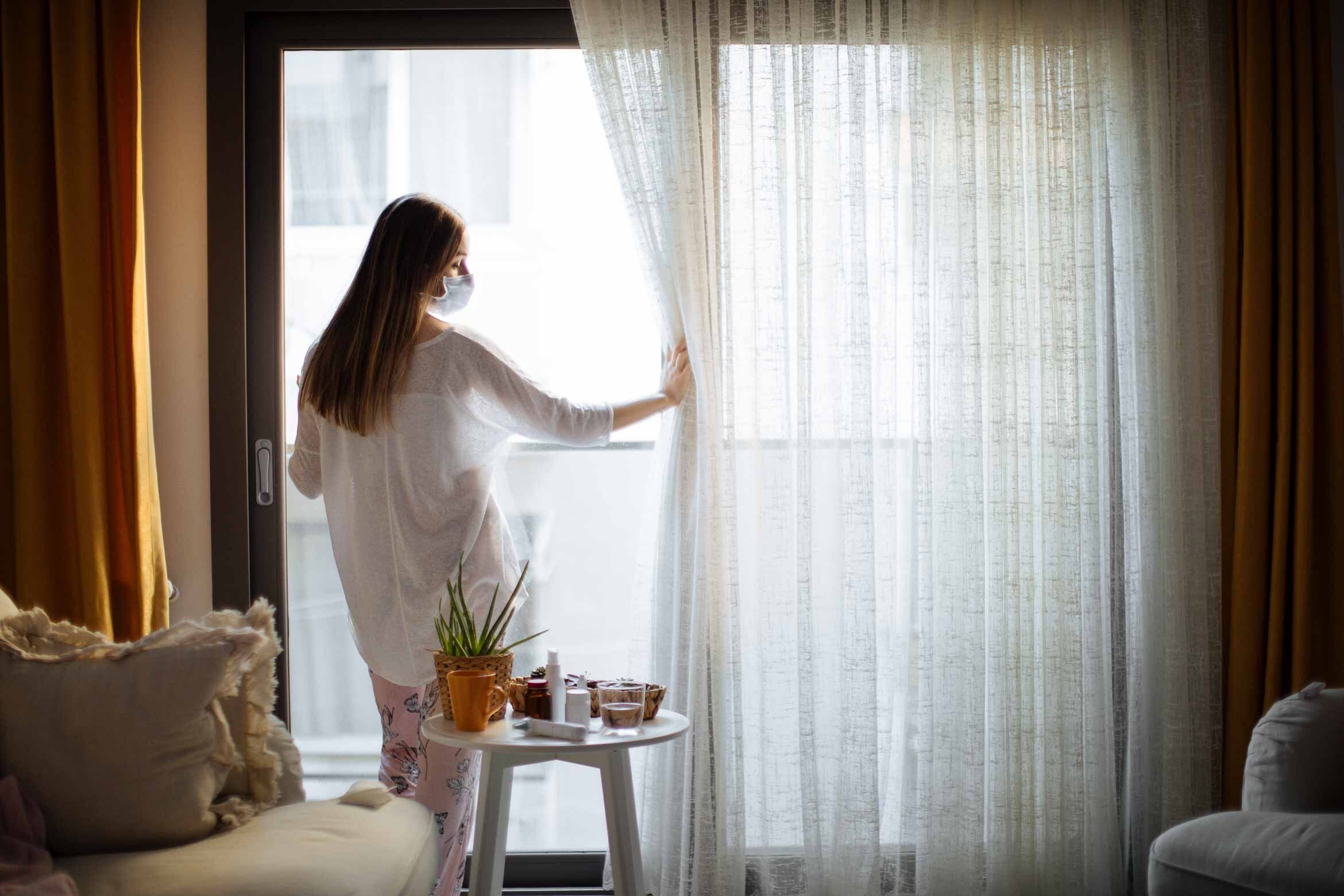
It can also be hard to change your habits. Do you have any advice on this?
Everyone can draw upon their own particular abilities. First and foremost, it certainly helps to talk to people you trust rather than hiding your problems. If you enjoy writing, you might try recording your experiences or goals in a journal.
But if you hate writing you won’t keep this up for long.
Personally, I like making vision boards – when you pin up pictures and maybe a few motivational phrases it’s a constant reminder of what you want to change or achieve in your life. This is important – mainly because people are often stuck in their comfort zone. It’s much easier to stay in your rut watching Netflix than to actively seek out and pursue change.
‘We have lived through a unique time.’
So do you think that coronavirus will bring few lasting changes to people and society?
Pessimists would say that things will soon go back to where they were before. Despite the fact that we can all see how the slowdown has been good for the environment. In China, the smog suddenly cleared and people could see the sky again, and dolphins were spotted swimming in the canals in Venice. But the economy is geared towards profit and growth. And who wants to have less money?
And what would the optimists say?
We have lived through a unique time in history and the coronavirus of 2020 will be remembered and talked about for a long time to come. We can continue to remember the good things, such as how people came together to help others in their neighbourhoods and started new initiatives, and how we found pleasure in simple things. I would advise the younger generation to focus on these positives. They are living through one crisis after another. But today we have more opportunities than ever before. We live in a safe country, our health care system is excellent and we are free to speak up about the environment and other concerns.
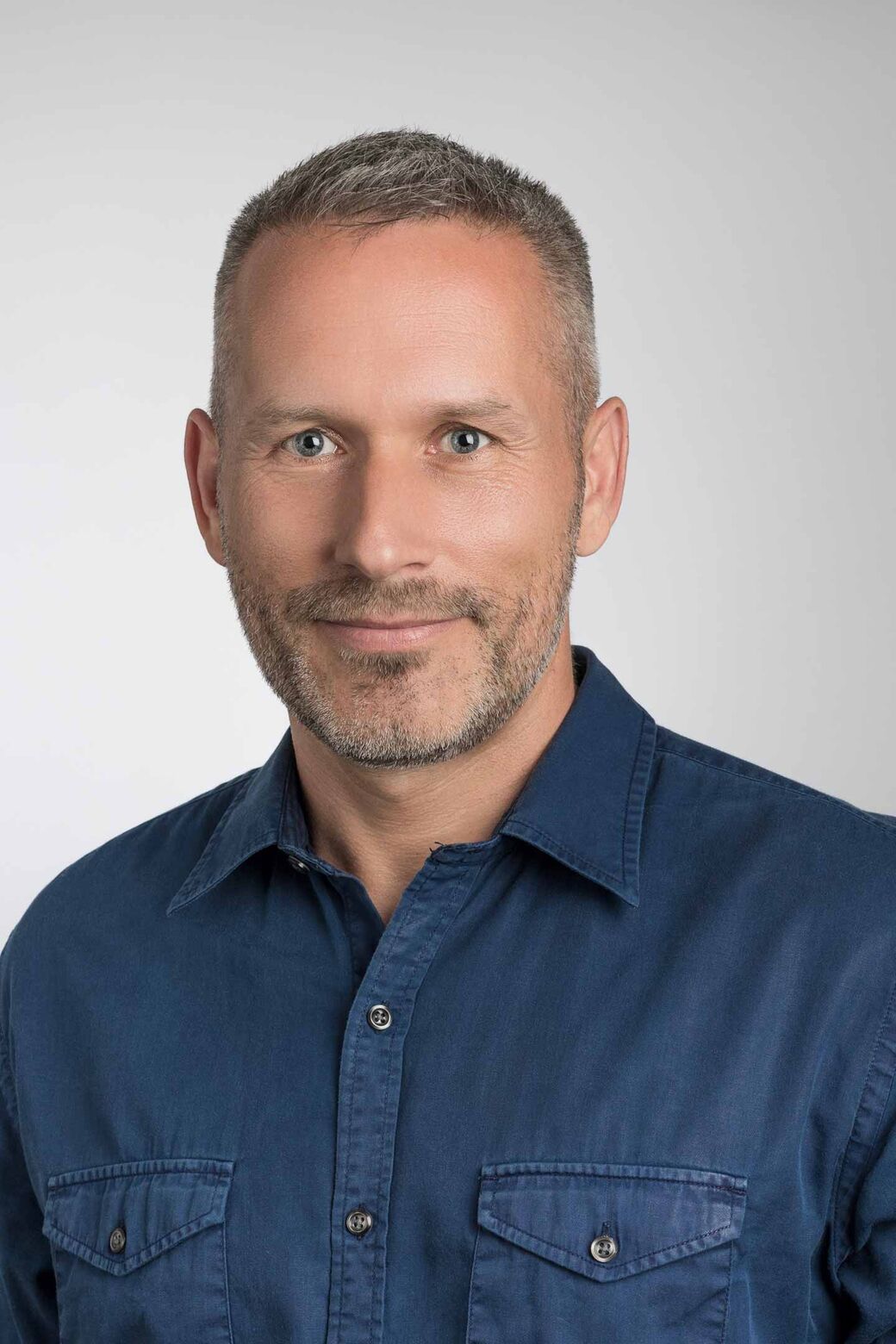
Markus Brühwiler is a practising psychologist. At his practice in district 5, he helps people with a range of problems in their professional and personal lives.
